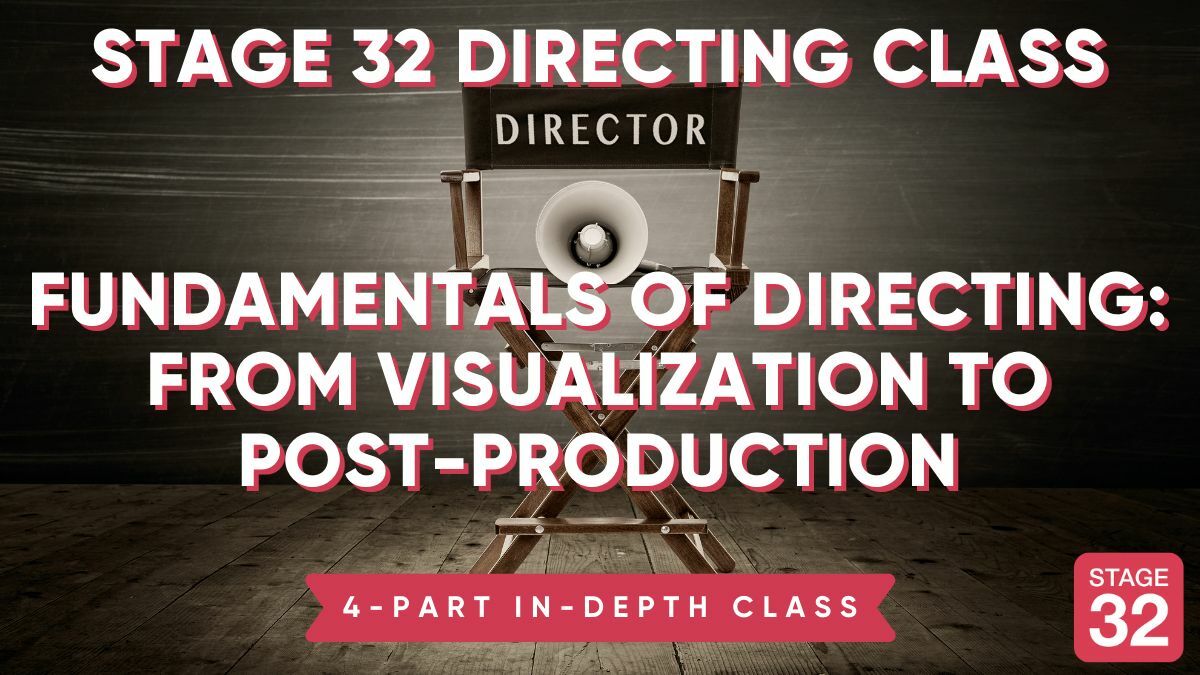We've all seen the movies that are "based on true events" or "based on a true story". How close to true do they have to be? Controversy arises when the truth seems to be a bit too far off from the facts. (Think Argo.) Here's an article from this morning's Toronto Star. What are your thoughts? http://www.pressreader.com/canada/toronto-star/20151113/281582354520791/...



1 person likes this
It's best to keep the actual events as true as possible, and you can create the drama that connects each point in the script. It's okay to keep it loose.
1 person likes this
My take is that "based on a true story" has no requirement to be either factual or documentary. It simply implies that some real event inspired the filmmakers muse and here is the result. If a filmmaker intends to make a factual film (or documentary) they can (and should) refer to it in that way and do us all a favour.
1 person likes this
Ditto Mike's comment. Tell a good story and use the facts to the degree which they fit that good story. Nobody pays to watch straight up reality. (If they want that, they can turn on one of the myriad reality shows on TV for free.) Add and/or subtract whatever you need to. Go for it.
"Print the legend." -- from "The Man Who Shot Liberty Valence"
No "based on a true story" film is at all close to accurate.
Movies are not a representation of the truth at 100%, it is only a representation of the facts, mixed with projecting the narrative to the audience in an entertaining fashion. In Steve Jobs movie, Seth Rogan mentioned that the scenes in which Michael Fassbender was always arguing with one of his collegues at every product launch was far from the truth; however, the narrative was based on how would Steve Jobs converse with one of his collegues in another setting.
The link below is a great example https://www.youtube.com/watch?v=pYkbhamMzKk
It's impossible for a film to be close to accurate because the FILMMAKERS WEREN'T THERE. No film, book, anything is 100% accurate. Not even an autobiography is because people remember things wrong.
The factual accounts in a movie should take a backseat to dramatic tension but at the same time should not be exaggerated to point it doesn't make any sense.
It depends on your intent. For example, HBO Films allows little creative license with their movies that are based on real events, but most other studios are not as concerned about portraying a story the way "it really happened." There are situations in which you're marketing a "real story" and situations in which you're not. There is no one catch-all answer.
Try to check out: http://archive.fortune.com/2010/09/27/technology/Suing_The_Facebook_Effe...
I have three fact based or based on a true story, films. Schindler's List, In Cold Blood and Pursuit of Happiness. Any other favorites??
My feelings are people like to play it fast and loose with "Based On", to me thats things like Pursuit of Happyness , which Chris was involved with, or Lords of Dogtown, although it has characters i.e Sid, that didn't exist, its rather accurate to the memories of those involved which in that case were skip and the Z-boys. If you don't have extensive info from first hand accounts, it should be "Inspired by" or you could always go the Pixar route and say "Based on true events . . . . mostly" or one said ". . . . .as far as we know" .
Cleaning out my iTunes, and saw this relevant podcast: http://www.kcrw.com/news-culture/shows/hollywood-breakdown/the-wolf-of-w...
The podcast was amazing. Thanks +Regina Lee
1 person likes this
Black Hawk Down was altered at the end of the film, did you know that bare feet is a insult. It's like saying the f word. I found about this today when I was talking to an ex military man turned stunt man.
1 person likes this
Thanks for all your input people!
1 person likes this
Hi Jeremy, if you like that podcast, check out KCRW's other podcasts - The Business, The Treatment, The Spin-off, The Hollywood Breakdown, etc. :-)
I will take a listen to the suggested podcast. Thanks Regina.